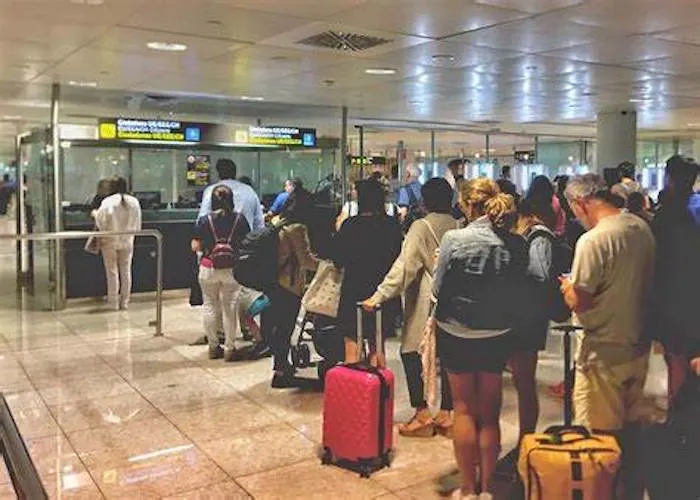Over the weekend, President Donald Trump invoked the long-dormant Alien Enemies Act of 1798 (AEA) to justify the deportation of hundreds of Venezuelan nationals, claiming without evidence that they are members of the Venezuelan gang Tren de Aragua. Reports indicate that those deported will be detained in an overcrowded and violent Salvadoran prison for up to a year.
The move has drawn sharp condemnation from immigration advocates, including the American Immigration Lawyers Association (AILA), which called it an unprecedented expansion of executive power.
AILA Condemns “Authoritarian Overreach”
AILA President Kelli Stump denounced the decision, stating:
“This is an extraordinary overreach of the President’s authority. He is arguing that suspected gang members constitute an ‘invading force’ to justify using the Alien Enemies Act—a law that requires an actual invasion or predatory incursion by a foreign government. Americans aren’t asking for this kind of authoritarianism.
The last time this Act was invoked, it led to the unlawful incarceration of thousands of noncitizens and set the stage for Japanese American internment—one of the darkest chapters in our history. We can enforce the law and protect our communities without abandoning our values.”
AILA Executive Director Ben Johnson echoed those concerns, warning that the administration is bypassing due process:
“We already have laws to deport dangerous individuals who violate U.S. law. No president should resurrect an 18th-century statute to circumvent constitutional protections. Allowing Trump to act as judge, jury, and executioner—sending people to an inhumane prison without proof they’re gang members—is unnecessary and un-American. If this abuse of power stands, it sets a dangerous precedent for the future.”
Legal and Historical Concerns
The Alien Enemies Act, originally aimed at wartime threats, has rarely been invoked. Its most infamous use was during World War II, when it helped justify the internment of Japanese Americans. Legal experts argue that applying it now—without evidence of an actual invasion—could open the door to further executive overreach.
The Trump administration has yet to provide substantiation for its claims that the deportees are gang members. Human rights groups warn that deporting individuals to reportedly abusive prisons in El Salvador could violate international law.
Critics fear the move signals a broader effort to expand presidential authority over immigration enforcement, bypassing judicial oversight. The administration has not commented on whether it will face legal challenges.
Related topics:
- Pakistan Allows Visa-Free Entry for Travelers from Gulf Countries
- How Much Is Cost for British Citizenship?
- Biden’s Immigration Relief Program Now Accepting Applications


